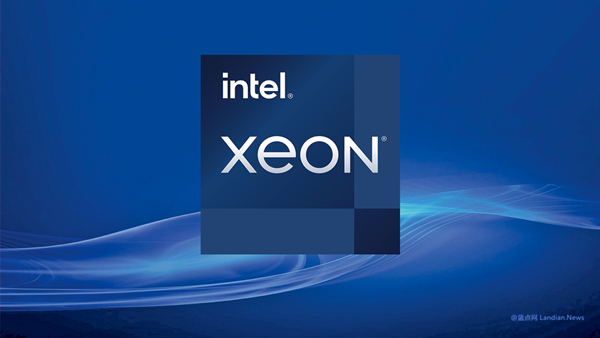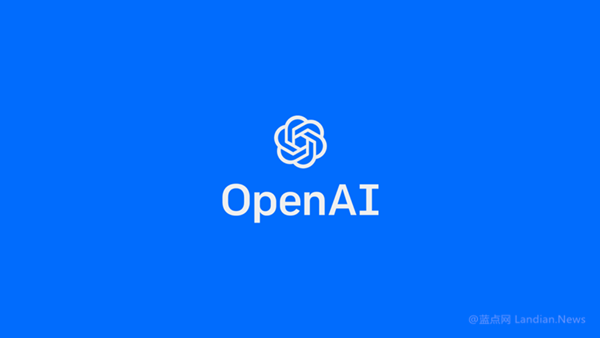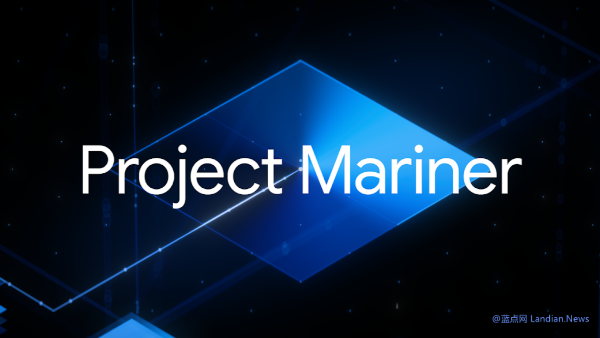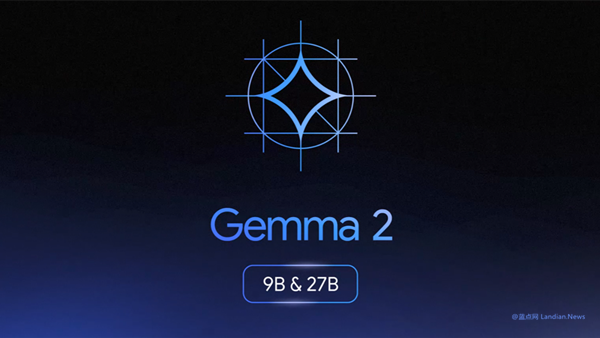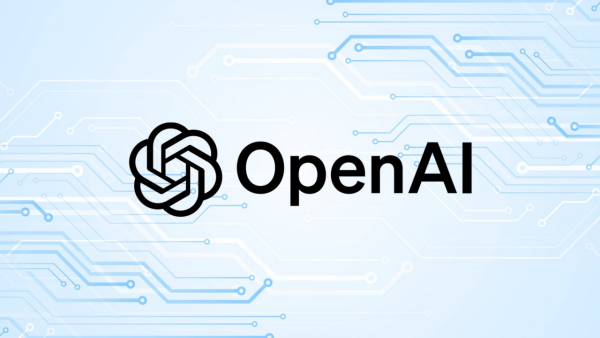Microsoft Seeks to Reduce Dependence on OpenAI, Explores Alternative Models for Copilot
As it stands, Microsoft's Copilot suite relies entirely on the GPT series models provided by OpenAI. Microsoft's early investments in OpenAI have ensured access to the latest models for integration into Microsoft products.
However, Microsoft is looking to lessen its reliance on OpenAI in favor of a more open partnership. Considering cost and speed, Microsoft is developing smaller AI models internally to enhance Copilot's responsiveness. Additionally, the company is exploring third-party AI models to diversify the technology behind Copilot.
Sources reveal that Microsoft aims to reduce the operational costs of Copilot, potentially passing savings onto consumers through lower prices. Beyond training its open-source models like the Phi-4 series, Microsoft is addressing other open models to quicken Copilot's speed, improve efficiency, lower costs, and foster technological diversity without long-term dependence on OpenAI.
Microsoft has recently adjusted the Microsoft 365 subscription prices in various regions, stating that the adjustments reflect the increased value Copilot offers to users.
Microsoft is actively integrating Copilot across various products, including Windows 11, Microsoft 365, business software, and cloud computing. As the user base expands, so does the need for more computational resources.
With AI growth in mind, Microsoft has established a new AI division this year, led by DeepMind co-founder Mustafa Suleyman, focusing on developing proprietary AI models.
According to Reuters, Microsoft CEO Satya Nadella and other executives are closely monitoring efforts to reduce reliance on OpenAI. In addition to making the consumer version of Copilot less dependent on OpenAI's technology, GitHub Copilot has also gained support from Claude and Gemini, with GitHub stating developers should be able to choose the models that best suit their needs.

